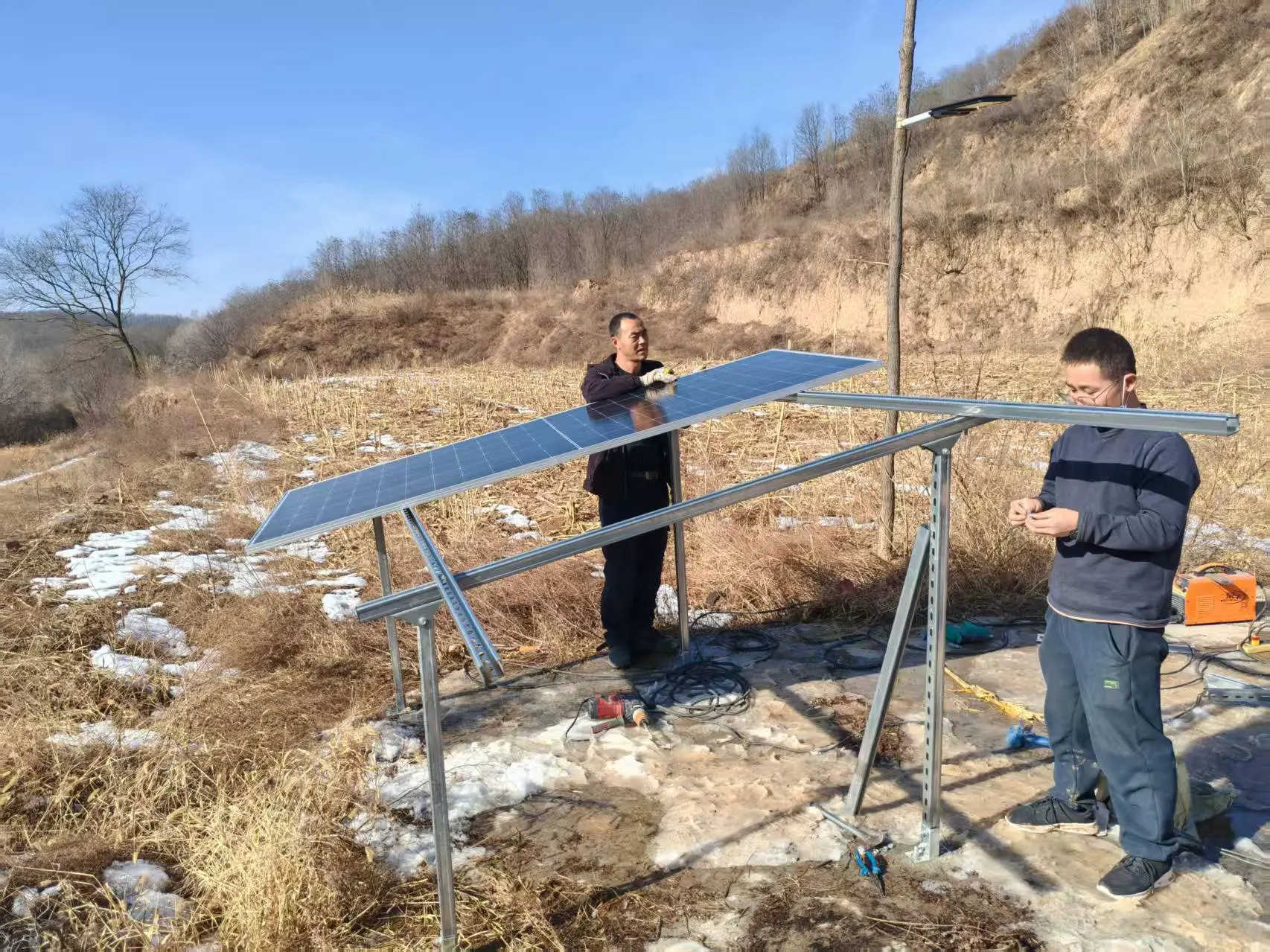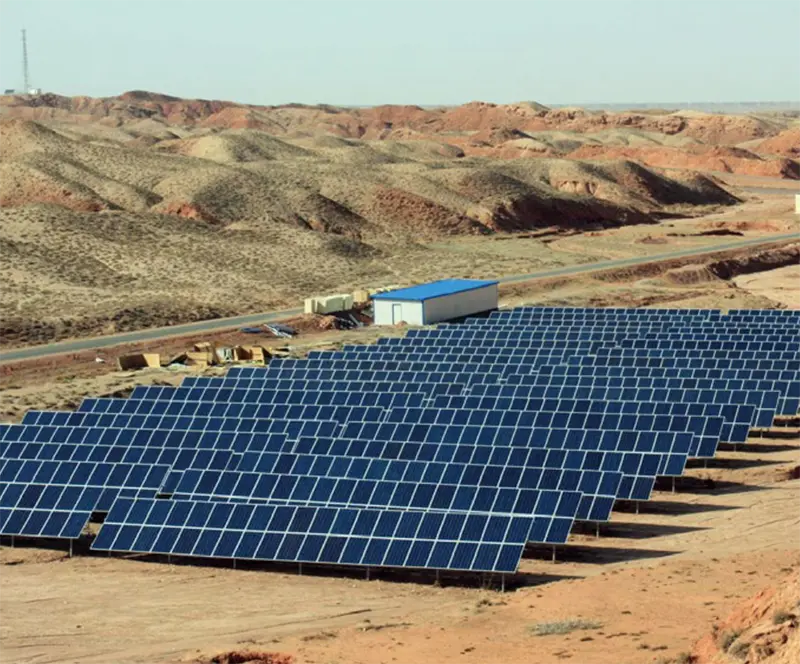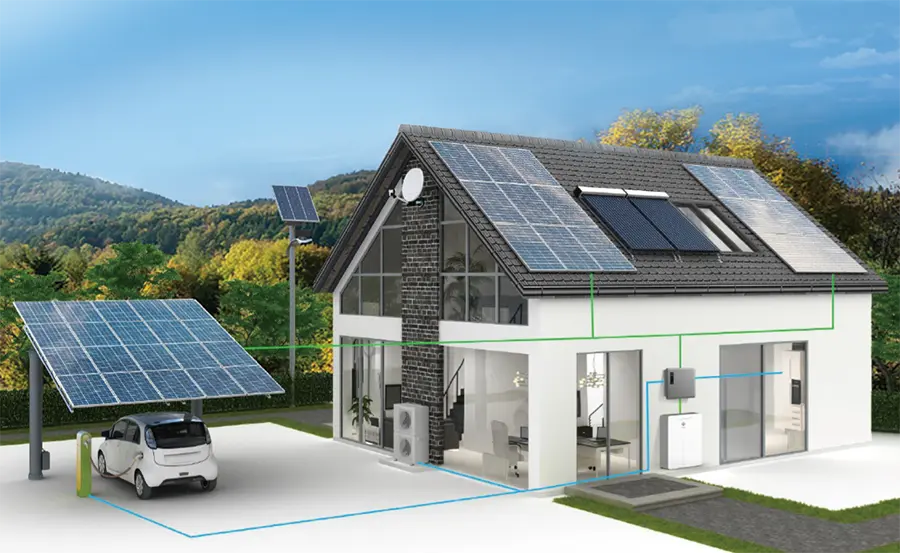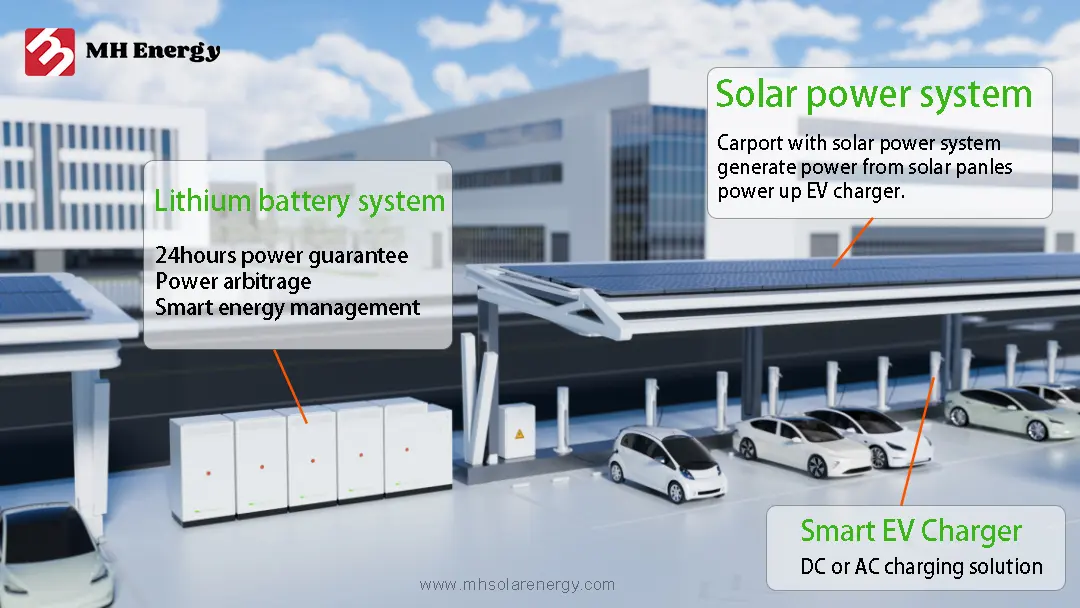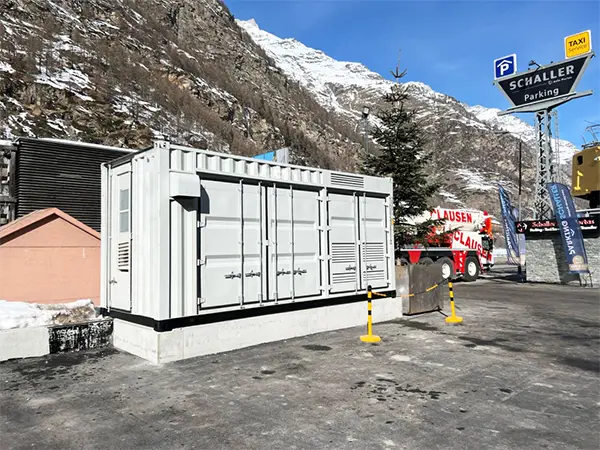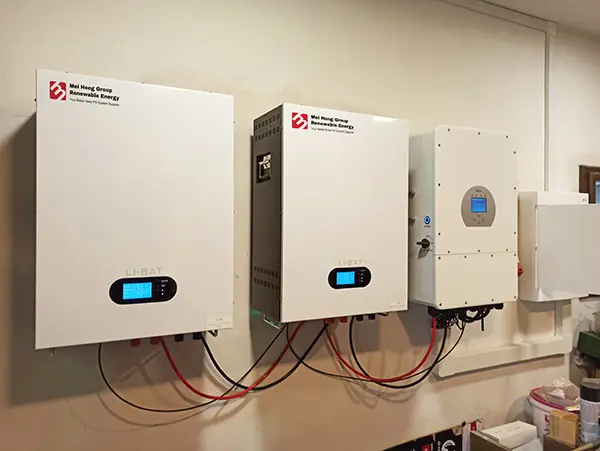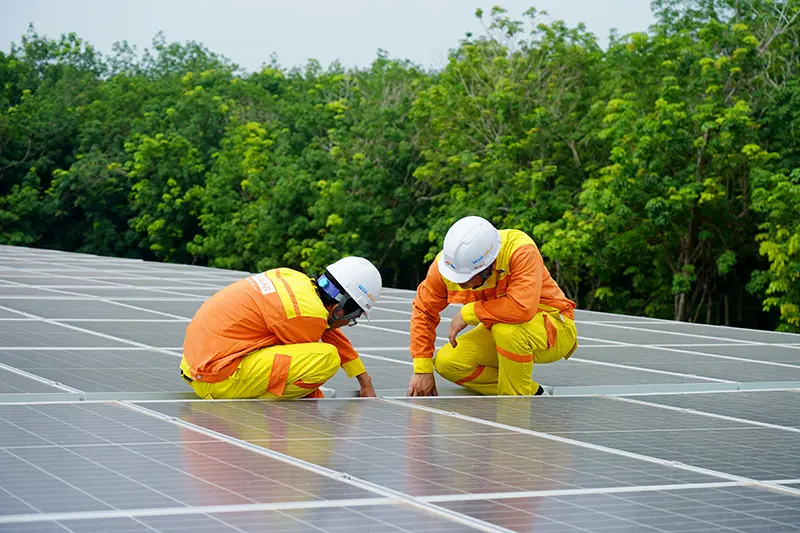Top 10 Things You Need to Know About Residential Solar Power Systems
As the demand for clean and sustainable energy rises, more homeowners are considering solar power systems. Here are the top 10 things you need to know about Residential Solar power systems to help you make an informed decision.
1. How Solar Power Systems Work
Solar power systems convert sunlight into electricity using Photovoltaic (PV) cells. These cells capture sunlight and generate direct current (DC) electricity, which is then converted to alternating current (AC) electricity by an inverter for home use.
2. Components of a Solar Power System
A typical solar power system includes solar panels, an inverter, a mounting system, and sometimes a battery for energy storage. Each component plays a crucial role in ensuring efficient energy conversion and usage.
3. Types of Solar Power Systems
There are three main types of solar power systems:
- On-Grid Systems: Connected to the utility grid, allowing you to sell excess energy back to the grid.
- Off-Grid Systems: Independent systems with battery storage, ideal for remote locations without grid access.
- Hybrid Systems: Combine on-grid and off-grid features, including battery storage for greater energy independence.
4. Financial Incentives and Rebates
Many governments offer incentives, tax credits, and rebates to encourage the adoption of solar power. These financial benefits can significantly reduce the initial cost of installing a solar power system. Check with your local authorities for the latest information.
5. Cost and Savings
The initial cost of a solar power system can vary depending on the system size and components. However, long-term savings on electricity bills and potential income from selling excess energy to the grid can offset these costs over time.
6. Energy Independence and Security
Solar power systems provide energy independence by reducing reliance on external power sources. This can be particularly beneficial during power outages or in areas with unreliable grid access.
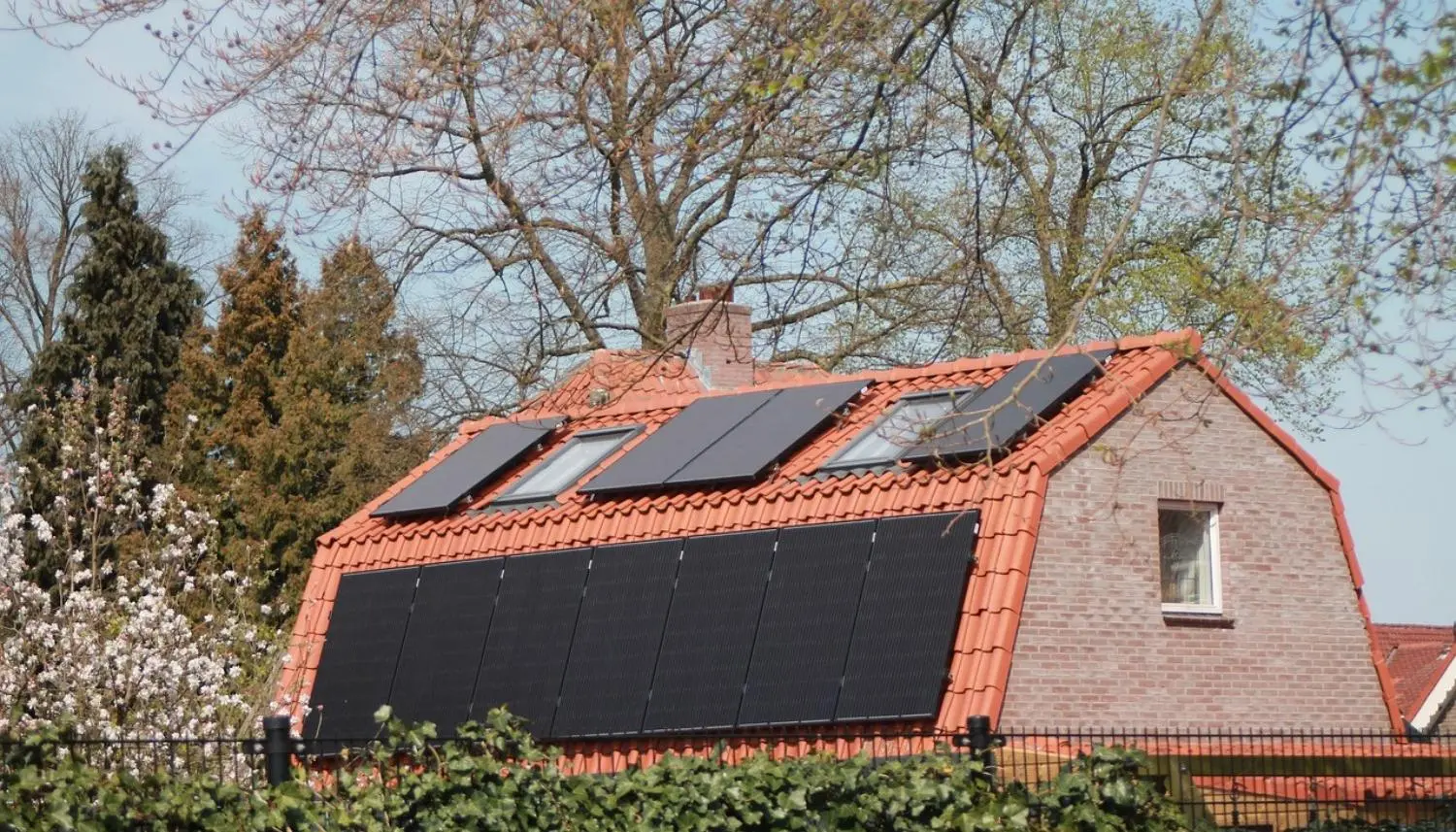
7. Environmental Benefits
Switching to solar power reduces your carbon footprint and dependence on fossil fuels. Solar energy is a clean, renewable resource that contributes to a more sustainable and environmentally friendly energy solution.
8. System Lifespan and Maintenance
Solar power systems are designed to last for 25-30 years or more. They require minimal maintenance, typically limited to periodic cleaning of the panels and occasional inspections to ensure optimal performance.
9. Installation Process
Installing a solar power system involves site assessment, system design, permitting, and installation. It's important to work with a reputable solar installer to ensure a smooth and efficient installation process.
10. Increasing Property Value
Homes with solar power systems often see an increase in property value. Prospective buyers are attracted to the long-term savings on electricity bills and the environmental benefits associated with solar energy.
Residential solar power systems offer numerous benefits, including cost savings, energy independence, and environmental sustainability. By understanding the key aspects of solar power systems, you can make an informed decision and take advantage of the many benefits that solar energy has to offer. Whether you're looking to reduce your electricity bills, contribute to a greener planet, or increase your property value, a residential solar power system is a smart and forward-thinking investment.



